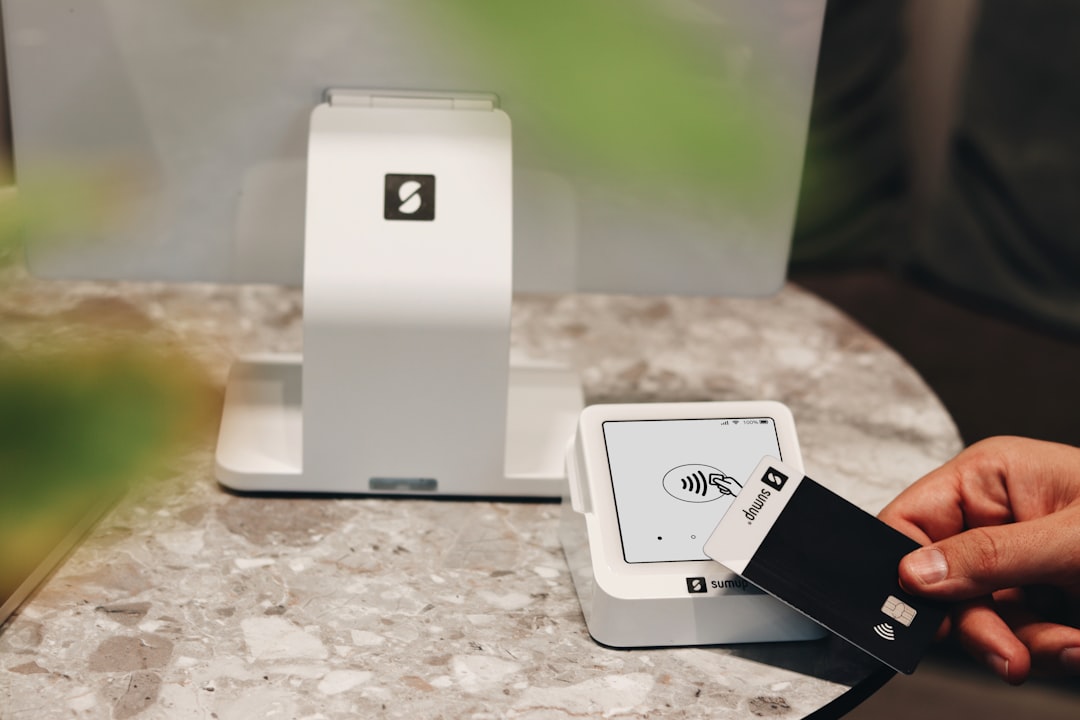In today's digital landscape, securing user data is crucial, especially in legally strict regions like North Carolina. Zero-Trust Architecture (ZTA) offers a comprehensive solution by verifying users and network traffic continuously, preventing cyber threats including spam text and legal repercussions. Whiteville, a NC tech leader, adopted ZTA to protect sensitive data, reducing spam texts and enhancing security. Despite challenges, this architecture has proven effective in combating evolving digital threats, with benefits outweighing initial investments.
“In today’s digital landscape, where security threats are ever-evolving, Whiteville has emerged as a trailblazer in adopting Zero-Trust Architecture (ZTA) for text platforms. This article explores the strategic implementation of ZTA by Whiteville and its significant impact on enhancing security. We delve into the challenges faced, particularly in the context of spam text attorney North Carolina, showcasing how ZTA can mitigate risks. By understanding Whiteville’s approach, we reveal the benefits and potential pitfalls of this revolutionary architecture.”
Understanding Zero-Trust Architecture and its Relevance in Text Platforms

In today’s digital landscape, where text platforms play a pivotal role in communication and information sharing, securing user data is more critical than ever. Zero-Trust Architecture (ZTA) has emerged as a robust framework to address this challenge. At its core, ZTA assumes that no network or user can be fully trusted, advocating for continuous verification and least privilege access. This approach is particularly relevant in text platforms, which often face the risk of unauthorized access, data breaches, and malicious activities such as spam text.
In North Carolina, where legal protections for digital communications are stringent, implementing ZTA becomes a strategic necessity. By adopting ZTA, Whitevilles enhances its ability to safeguard user data against evolving cyber threats. This includes implementing strict identity verification processes, micro-segmenting network traffic to limit access, and continuously monitoring for suspicious activities. Such proactive measures not only deter potential spam text attorneys but also ensure that user interactions remain secure and private.
Whiteville's Approach: Implementing Zero-Trust in Practice

Whiteville, a leading tech firm based in North Carolina, has pioneered an innovative approach to cybersecurity by implementing Zero-Trust architecture across their text platforms. This strategic move aims to fortify their digital infrastructure against evolving threats and ensure data integrity. By adopting this robust framework, Whiteville sets a new standard for security measures, particularly in the face of growing concerns about spam text and potential legal repercussions.
The firm’s implementation involves continuously verifying user identities and device trustworthiness, ensuring that every interaction is meticulously scrutinized. This hands-on approach allows them to maintain strict access controls, prevent unauthorized access, and mitigate risks associated with malicious activities. As a result, Whiteville’s platforms offer a secure environment, shielding sensitive information from prying eyes, and providing a peace of mind for both users and legal experts alike in the realm of North Carolina’s tech industry.
Benefits and Challenges: A Case Study of Spam Text Attorney North Carolina

Whiteville’s adoption of a Zero-Trust Architecture in text platforms has brought about several significant advantages for Spam Text Attorney North Carolina. This security model ensures that every user and device accessing the platform is continuously verified, thereby minimizing the risk of unauthorized access and malicious activities. As a result, the firm experiences reduced instances of spam texts, phishing attempts, and other cyber threats, enhancing overall data privacy and integrity.
However, implementing Zero-Trust has also presented challenges. The complex verification process requires continuous monitoring and adaptation to new user behaviors, which can be resource-intensive. Additionally, ensuring seamless user experience while maintaining strict security measures demands a delicate balance. Spam Text Attorney North Carolina had to invest in advanced authentication technologies and retrain staff to manage the system effectively. Despite these obstacles, the benefits of enhanced security and improved data protection have outweighing the challenges, setting a robust foundation for future digital initiatives.






